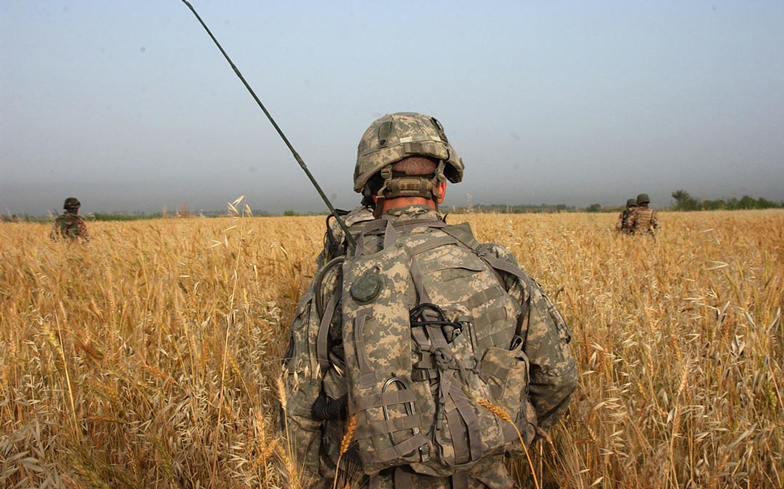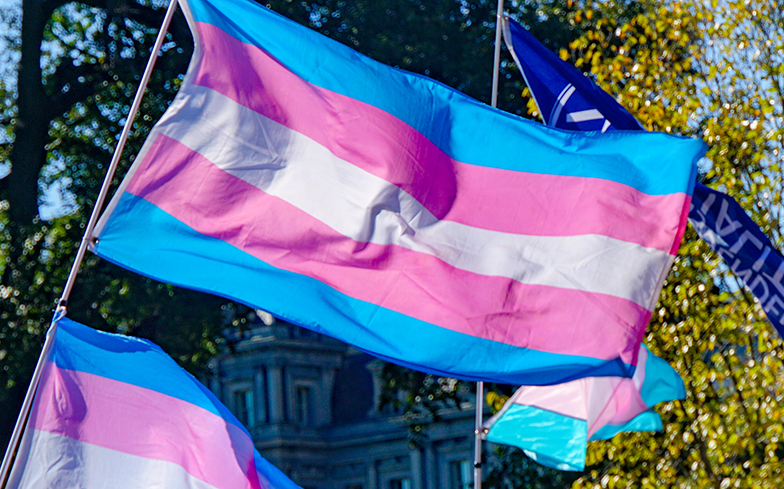
The recent decision of the U.S. Supreme Court to continue the Trump administration’s ban on transgender people serving in the military is an unnecessary limitation on the effectiveness of the military.
There is ample evidence from many sectors showing how diversity in a team leads to better decision making. For example, Scott Page at the University of Michigan has shown that diversity in viewpoints in a group is often more important than the intelligence of the group when it comes to decision making and task performance, even if the group is made of experts and the task is related to the field they are experts in.
A lack of diversity in a team can lead to “groupthink”. The idea is that when too many people think similarly, they egg each other on, instead of providing different points of view. This has been famously demonstrated in a number of major decisions with disastrous results. This includes NASA’s decision to launch the space shuttle Challenger, which exploded killing multiple people, John F Kennedy’s famously botched Bay of Pigs invasion, and the multiple decisions in the financial sector that led to an over investment in a small sector and an eventual global market crash.
When talking to clients within the defence sector, they tell us the main goal is operational effectiveness. The question that should therefore be posed is “does the inclusion of trans people in the military contribute to operational effectiveness?”
The evidence suggest it does. We know a lack of diversity can lead to higher risk, lower resilience and lower productivity. Similarly, extremely high levels of diversity, if not led well, can lead to lack of trust, poor morale and team bonding.
The latter should not be in an issue in the military as, in general, they are fantastic at leadership. With 15 years working with the UK military on diversity and inclusion, it has gone from one of the worst sectors on LGBTQ inclusion to one of the better ones on the Stonewall Workplace Equality Index.

Ted Eytan via Flickr
When I first started working with the Royal Navy after the lifting of the LGBTQ ban in 2000, Naval captains were brutally honest with me. They knew they had always had gay personnel in their midst, but they were persecuted – bad for them and the overall team morale. They made a conscious decision to include. When you are a family at sea for six months you have to work as a cohesive unit. Including difference makes you stronger, not weaker.
When Trump announced his ban, UK military leaders across the services were unanimous in their condemnation of an unnecessary and politically charged policy of discrimination that would harm the hard-won cohesiveness of the military.
Indeed, the British Royal Airforce have celebrated the contributions of their trans personnel. With the RAF Museum celebrating Roberta Cowell, Caroline Page and Ayla Holdom, three transgender women who are either currently serving, or have previously served in the Royal Air Force at different periods of time over the past 100 years.
Retired marine, Jerry Patterson, argues that Trans people should be banned because a 2015 survey by the National Coalition of Transgender Equality found that “…40 percent of trans identified respondents had attempted suicide during their lifetime — nearly nine times the attempted suicide rate in the U.S. population.”
However, like all of us in general, not all trans people want to serve in the military. Good recruitment policies look at individual talent and contribution, not general prejudices. Ultimately, we need to ask ourselves an even more fundamental question: why does the military exist if not to defend the values we hold dear? Inclusion is one of these values.
Stephen Frost is the founder of Frost Included, a consultancy dedicated to helping people understand diversity and inclusion. His new book Building an Inclusive Organization is out now, published by Kogan Page. For more information, click here or find Stephen on Twitter here.



